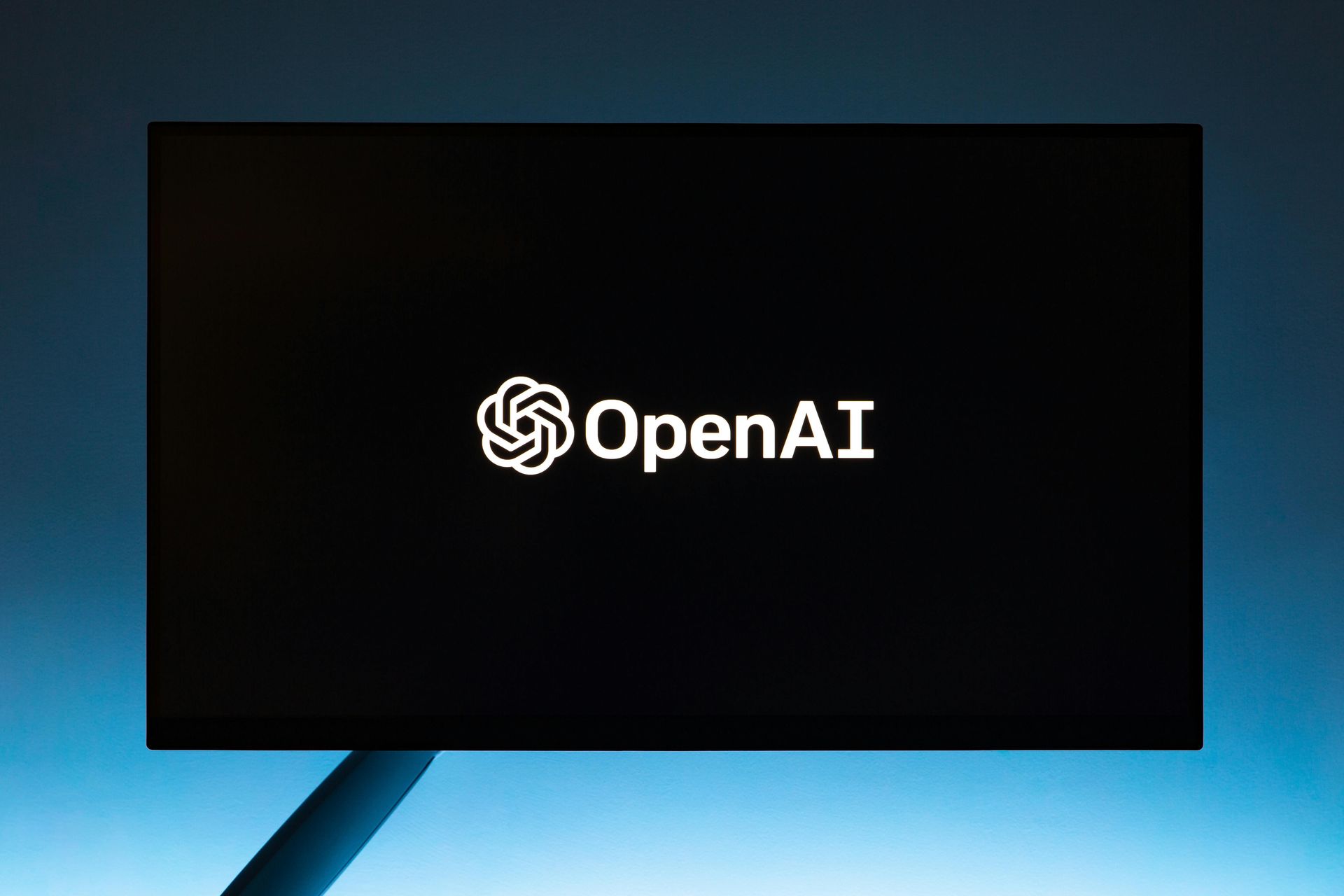Artificial Intelligence (AI) By U.S. Gov Connect For Articles And Videos.
Phishing attacks have become increasingly sophisticated due to AI.
 Learn More
Learn MorePhishing attacks have significantly evolved over time, and the rise of artificial intelligence (AI) is a major contributing factor. With AI enhancing the capabilities of cybercriminals, the methods used in phishing schemes are more sophisticated, targeted, and effective than ever before
02/20/2025 | Padraig Mansfield | Editorial
Cyber Security Attacks Artificial Intelligence
 Learn More
Learn MoreAs the world becomes increasingly reliant on artificial intelligence (AI), its integration into various sectors has not come without risks. Cybersecurity attacks targeting AI can lead to catastrophic consequences, including data breaches, financial losses, and compromised systems.
02/20/2025 | Padraig Mansfield | Editorial
How DeepSeek Disrupted the AI Landscape
Learn MoreThe advent of Artificial Intelligence (AI) has transformed numerous industries, but the recent emergence of DeepSeek has marked a pivotal moment in the AI landscape.
What is a Deepseek?

In the realm of technology and innovation, new terms and tools emerge regularly, captivating our curiosity. One such term is "Deepseek." But what exactly is a Deepseek, and how does it impact our interaction with the digital world?
Sweeping AI Infrastructure Project in the U.S.
 Learn More
Learn MoreThe landscape of technology is rapidly evolving, and the recent partnership between SoftBank and OpenAI highlights a key turning point in the development of artificial intelligence infrastructure in the United States.
Content being stolen by AI companies?

As technology continues to advance, AI companies are becoming increasingly proficient at creating content that simulates human writing. This has raised concerns among publishers, as their original content is at risk of being stolen and repurposed without their permission.
AI improve national security efforts? Go To Article
 Learn More
Learn MoreArtificial intelligence (AI) has the potential to revolutionize the way national security efforts are carried out, providing valuable insights and capabilities that can enhance the effectiveness of defense and intelligence operations. From cybersecurity to counterterrorism, AI technologies are being increasingly utilized by governments around the world to strengthen their national security initiatives.
How has AI spending by the U.S.

The evolution of artificial intelligence (AI) spending by the U.S. government has seen significant growth and investment in recent years, especially within the Department of Defense (DoD). The analysis of federal contracts related to AI reveals a substantial increase in funding obligated and potential value of awards, with a focus on defense applications. The shift from experimental contracts to large, maximum potential value contracts indicates a move towards implementation rather than just testing.
AI technology help prevent social security fraud?
 Learn More
Learn MoreWith the rise of technology, including artificial intelligence (AI), there is an increased potential to prevent social security fraud. Social security fraud is a serious issue that affects individuals and the government alike, costing billions of dollars each year. AI technology can play a significant role in preventing and detecting social security fraud by leveraging its capabilities in data analysis, pattern recognition, and predictive modeling.
Financial institutions mitigate AI-specific cybersecurity

The use of artificial intelligence (AI) in the financial industry has proven to be a game-changer, providing institutions with the ability to streamline processes, enhance customer experiences, and improve decision-making. However, with the benefits of AI also come significant cybersecurity risks that financial institutions need to be aware of and address.
Artificial intelligence in oncology?
 Learn More
Learn MoreArtificial intelligence (AI) is revolutionizing the field of oncology, offering new ways to diagnose, treat, and manage cancer. Here are some of the ways in which AI is currently being used in oncology.
Benefits of using AI for tax compliance

Tax compliance enforcement is a critical aspect of any government's efforts to ensure that individuals and businesses pay their fair share of taxes. In recent years, there has been a growing interest in using artificial intelligence (AI) to improve tax compliance enforcement efforts. AI technology has the potential to revolutionize the way tax authorities collect, analyze, and act on tax-related data
AI initiatives impact decision-making processes
 Learn More
Learn MoreArtificial intelligence (AI) initiatives have been making a significant impact on decision-making processes in the military. With the advancement of technology, AI has been integrated into various aspects of military operations to improve efficiency, accuracy, and decision-making capabilities.
Pentagon rushing to deploy these AI-enabled weapons?

The Pentagon is rapidly advancing its use of artificial intelligence (AI) to enhance the capabilities of weapons systems. With the goal of maintaining military superiority in an increasingly competitive global landscape, the Department of Defense is investing heavily in the development and deployment of AI-enabled weapons.
The HHS using AI and machine learning for?
 Learn More
Learn MoreThe U.S. Department of Health and Human Services (HHS) is harnessing the power of artificial intelligence (AI) and machine learning to revolutionize the way healthcare is delivered and managed. By leveraging these advanced technologies, HHS is able to improve patient outcomes, accelerate medical research, and enhance the overall efficiency of healthcare operations.
Artificial Intelligence (AI) has become one of the most transformative technologies of our time, with the potential to revolutionize industries across the board. From healthcare to finance, education to marketing, AI is already making a significant impact on how businesses operate and how society functions.
But how can we harness the full potential of AI and ensure that it benefits individuals and organizations in a positive way? Here are a few key strategies to consider:
1. Invest in AI Education and Training: One of the most crucial steps in harnessing the potential of AI is to invest in education and training for individuals and teams. By providing opportunities for people to learn about AI technologies, how they work, and how they can be applied in various industries, we can ensure that more people are equipped with the skills and knowledge needed to leverage AI effectively.
2. Collaborate with AI Experts: Another important aspect of harnessing the potential of AI is to collaborate with experts in the field. Whether it's partnering with AI startups, working with research institutions, or hiring AI specialists, having access to experts who can provide valuable insights and guidance can help organizations make the most of AI technologies.
3. Implement Ethical AI Practices: With great power comes great responsibility, and this is especially true when it comes to AI. It's essential for organizations to implement ethical AI practices and guidelines to ensure that AI technologies are developed and used in a responsible and transparent manner. This includes considerations around data privacy, bias mitigation, and algorithm transparency.
4. Embrace AI Automation: AI automation has the potential to streamline processes, increase efficiency, and drive innovation across industries. By embracing AI automation tools and technologies, organizations can free up time and resources to focus on more strategic tasks and initiatives, ultimately leading to greater productivity and growth.
5. Continuously Monitor and Evaluate AI Performance: Finally, it's important to continuously monitor and evaluate the performance of AI technologies to ensure that they are delivering the desired results. By collecting and analyzing data on how AI systems are performing, organizations can identify areas for improvement, make necessary adjustments, and optimize their AI strategies for maximum impact.
In conclusion, the potential of AI is vast and far-reaching, but it's up to individuals and organizations to harness this potential in a way that benefits society as a whole. By investing in education, collaborating with experts, implementing ethical practices, embracing automation, and continuously monitoring performance, we can ensure that AI technologies are leveraged in a responsible and effective manner.








